Umm Kalthum
Umm Kulthum's musical directions in the 1940s and early 1950s and her mature performing style led this period to popularly known as "the golden age" of Umm Kulthum. In keeping with changing popular taste and her artistic inclinations, in the early 1940s, she requested songs from composer Zakariya Ahmad and colloquial poet Mahmud Bayram El Tunsi cast in styles considered to be indigenously Egyptian. This represented a dramatic departure from the modernist romantic songs of the 1930s, mainly led by Mohammad El-Qasabgi. Umm Kulthum had abstained from singing Qasabgi's music since the early 1940s. Their last stage song collaboration in 1941 was "Raq el Habib" ("The lover's heart softens"), one of her most famous, intricate, and high-calibre songs.
Umm Kulthum later relied heavily on a younger composer who joined her artistic team a few years earlier: Riad Al-Sunbati. While Qasabgi influenced Sonbati in those early years, the melodic lines he composed were more lyrical and more acceptable to Umm Kulthum's audience. The result of collaborations with Rami/Sonbati and al-Tunisi/Ahmad was a populist and popular repertoire that had lasting appeal for the Egyptian audience.


In 1946, Umm Kulthum defied all odds by presenting a religious poem in classical Arabic. Salou Qalbi ["Ask My Heart"] was written by Ahmad Shawqi and composed by Ryad Al Sunbati. The success was immediate, and it reconnected Umm Kulthum with her early singing years. Similar poems written by Shawqi were subsequently composed by Sonbati and sung by Umm Kulthum, including Woulida el Houda ["The Prophet is Born"] 1949), in which she surprised royalists by singing a verse that describes the Prophet Mohammad as "the Imam of Socialists". At the peak of her career, in 1950, Umm Kulthum sang Sonbati's composition of excerpts of what Ahmad Rami considered the accomplishment of his career: the translation from Persian into classical Arabic of Omar Khayyám's quatrains (Rubayyiat el Khayyam). The song included quatrains that deal with both epicureanism and redemption. Ibrahim Nagi's poem "Al-Atlal" ["The Ruins"] was sung by Umm Kalthum in a personal version and in a melody composed by Sonbati and premiered in 1966, is considered a signature song of hers.
The duration of Umm Kulthum's songs in performance was not fixed. Upon the audience's request for more repetitions, she would repeat the lines requested at length and her performances usually lasted for up to five hours, during which three songs were sung. As Umm Kulthum's vocal abilities had regressed considerably by then, the song can be viewed as the last example of genuine Arabic music when even Umm Kulthum had started to compromise by singing Western-influenced pieces composed by her old rival Mohammed Abdel Wahab.

The available live performances (about 30) of Ya Zalemni, one of her most popular songs, varied in length from 45 to 90 minutes, depending on both her creative mood for improvisations, illustrating the dynamic relationship between the singer and the audience as they fed off each other's emotional energy. An improvisatory technique, which was typical of old classical Arabic singing, and which she executed for as long as she could have (both her regressing vocal abilities with age and the increased Westernization of Arabic music became an impediment to this art), was to repeat a single line or stance over and over. Subtly altering the emotive emphasis and intensity and exploring one or various musical modal scales (maqām) each time to bring her audiences into a euphoric and ecstatic state known in Arabic as "tarab". Her concerts used to broadcast from Thursday 9.30 P.M., until the early morning hours on Friday.
The spontaneous creativity of Umm Kulthum as a singer is most impressive when, upon listening to these many different renditions of the same song over a time span of five years (1954–1959), the listener is offered a totally unique and different experience. This intense, highly personalized relationship was undoubtedly one of the reasons for Umm Kulthum's tremendous success as an artist. Worth noting that the length of a performance did not necessarily reflect either its quality or the improvisatory creativity of Umm Kulthum. Around 1965, Umm Kulthum started collaborating with composer Mohammed Abdel Wahab. Her first song was composed by Abdel Wahab, Enta Omri ["you are my life"]. According to André Chouraqui, in May 1967, just before the Six-Day War, she was heard on Radio Cairo, and Radio Damas singing "Slaughter, slaughter, slaughter and have no pity ..." toward the Zionist Israelis. Another source mentions the creation of a song of war. Laura Lohman has identified several other war songs created for her in that same period. In 1969, another, Asbaha al-Ana 'indi Bunduqiyyah ["I now have a rifle"] was followed by another. Her songs took on more of a soul-searching quality in 1967 following the defeat of Egypt during the Six-Day War. Hadeeth el Rouh ["sermon of the soul"], which is a translation from the poet Mohammad Iqbal's "Shikwa", set up a very reflective tone. Generals in the audience are said to have been left in tears. Following the formation of the United Arab Emirates (UAE) in 1971, she staged several concerts upon invitation of its first president Zayed bin Sultan Al Nahyan to celebrate the event.
Umm Kulthum also sang for composers Mohammad El Mougi, Sayed Mekawy, and Baligh Hamdi.







